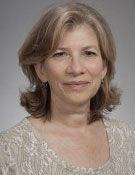 In 2012 Dr. Heather Tick joined the University of Washington Department of Family Medicine to continue her practice of integrative medicine and pain management. One of the goals she had upon her arrival at UW was to hold a conference on integrative medicine for the larger community of practitioners. Several attempts to organize and convene such a conference were unsuccessful, for a variety of reasons. But seven years later, on September 8, 2019, Dr. Tick’s vision became a reality at a one-day conference on Integrative Primary Care: How a focus on health can expand your tool box, held at UW, sponsored by the Osher Center.
In 2012 Dr. Heather Tick joined the University of Washington Department of Family Medicine to continue her practice of integrative medicine and pain management. One of the goals she had upon her arrival at UW was to hold a conference on integrative medicine for the larger community of practitioners. Several attempts to organize and convene such a conference were unsuccessful, for a variety of reasons. But seven years later, on September 8, 2019, Dr. Tick’s vision became a reality at a one-day conference on Integrative Primary Care: How a focus on health can expand your tool box, held at UW, sponsored by the Osher Center.
Presenting faculty discussed the evidence for non-pharmacologic strategies that can help improve health despite chronic conditions. This focus on health encourages patient engagement and empowerment as they partner with their practitioner.
The morning session was a series of informative lectures. The first speaker was Kenneth Pelletier, MD, PhD, who spoke on “Change Your Genes, Change Your Life: Sorting Hope from Hype in Epigenetics. This subject addresses that our DNA doesn’t determine our health and disease prospects, or that “biology is no longer destiny.” Rather our choices and behaviors can influence our genes to create optimal health and longevity.
Following Dr. Pelletier was Cora Brueuner, MD, MPH, who presented information about “Biofeedback: Fact of Fantasy.” A topic of much discussion, Medical Cannabis in Primary Care: Science, Politics and Practical Patient Care” was presented by Lucille Marchand, MD, BSN, FAAHPM, Mary Brown, MA, Ed, and Jessica Streufert, RRT. Arti Chandra, MD, spoke about “Gut Health for Whole Health: Supporting a Path to Digestive and Overall Wellness. This was followed by Natalia Murinova, MD’s lecture on “Integrative Strategies for Headache Relief.”
The afternoon began with breakout sessions. Conference attendees had the choice of three presentations, including “Integrative Palliative Care” with Lucille Marchand, MD, “Common Myofascial Pain Disorders: Assessment and Treatment” with Heather Tick, MD, and a session that included the opportunity for participants to learn about and practice “Auricular Acupuncture Pain Management” with Iman Majd, MD, MS, L.Ac.
The day ended with Wayne Jonas, MD talking about “How Healing Works”, where he spoke about the use of a Healing Oriented Practices and Environments, or HOPE, note. Dr. Jonas describes this a patient-guided process designed to identify the patients values and goals in their life and for healing.
Comments from attendees included:
I plan to incorporate integrative medicine theories into my patient counseling as I’m able. I’ll be able to do that with even pretty brief time with pretty brief time with patients. I’m so inspired.
I will focus more on the whole person and non pharmacological treatments that are still very effective or maybe more effective.
I will try to be more “integrative” in my approach to patient care.
I will work more on integrative team approaches to better provide integrative care. Focus on
connection and finding underlying motivations to help patients in their health journeys.
